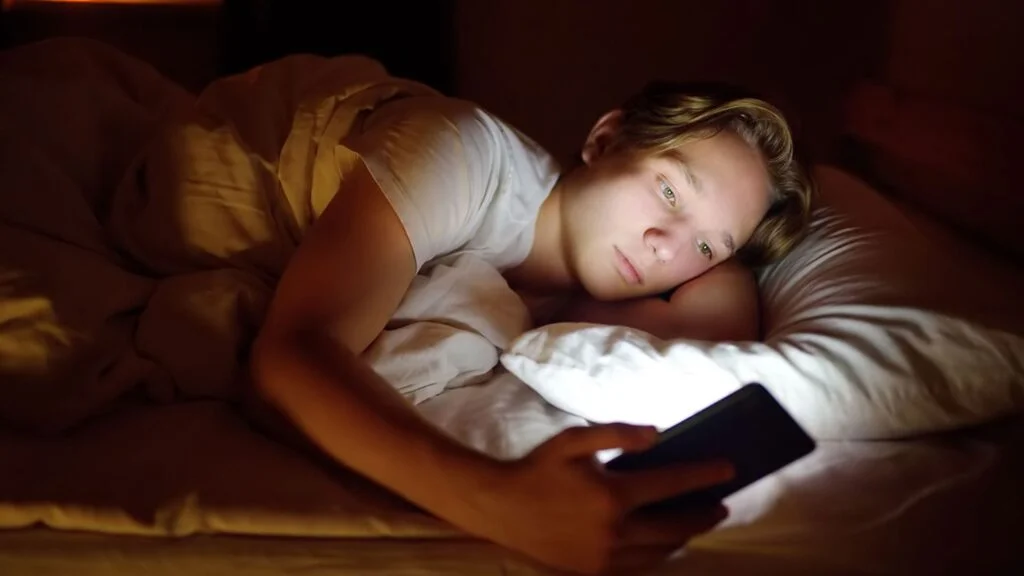
There’s a lot we can’t control in life, from the weather to our favorite snacks to our circadian rhythms. Whether you are a night owl, or an early riser, you’ve likely been that way for quite some time, and even learned to work with your natural sleep patterns. But, for some people who have mental health conditions such as depression, specific types of circadian rhythms might have more of an impact on their symptoms than others, a new study shows. This is another part of the fascinatingly complex issue that is mental health, and how it is so intrinsically linked to physical health, including our body’s sleep.
The new study, published April 9 in the Journal of Sleep Medicine, analyzes how adolescents who are night owls, more formally called “evening type” and also have insomnia, have an increased risk of depression symptoms. (1) This means that for young people (in this case ages 12-25) who already tend to stay up late and not be so eager to rise in the morning, and are also experiencing insomnia, those depressive symptoms might be impacted. Given this connection, researchers concluded kids need intervention for both insomnia and “evening type” circadian rhythm issues, not just one or the other, to manage depression.
To break it down further, scientists shared what they already know to be true first, including that insomnia symptoms and evening-type are already more common in young people (ever met a teenager who likes to wake up at 5 a.m.?). They also share that both insomnia and evening-type, each on their own, are risk factors for depressive symptoms. Finally, they conclude that the combined impact of the two together is greater than the sum of their individual effects. Therefore, they encourage families and physicians to address both circadian rhythm concerns and insomnia when treating depressive symptoms in young people.
Sometimes people refer to those circadian rhythm patterns, called chronotypes, by their animal nickname rather than “evening type,” for example. These include the lion, bear, wolf, and dolphin, and indicate your body’s natural preference for sleep and wake times. The wolf, also known as the night owl, is the closest to the “evening type” referenced in the study. The Wolf chronotype is active at dusk, and likes to work under the cover of night, and they wake up later in the morning.
Chronotypes like these can impact much more than your sleep schedule, but also your personality, meal timing and exercise preferences, and as the study indicates, your risk for certain conditions. Men are more often wolves before age 40, but after age 40, the roles reverse. Also, wolves tend to be open to new experiences, cunning, and anxious.
So, what does it mean to treat both circadian rhythm and insomnia when it comes to minimizing depressive symptoms? It will vary based on each person and their physician’s plans for treatment. However, some sleep doctors are able to help people change their circadian rhythms to get more sleep, as the circadian rhythm gets its cues, in part, from the environment around the person.
So, in addition to working to fix insomnia, people might also look to alter their circadian rhythm through temperature and light changes, meal and exercise schedules, and other strategies. But, of course, for those with depression and other mental health conditions, all of this should only be attempted with the help of your medical team, and not in place of mental health medications or other treatments doctors might recommend. In the end, a comprehensive approach combating insomnia, circadian rhythm issues, and depressive symptoms, might be most helpful.
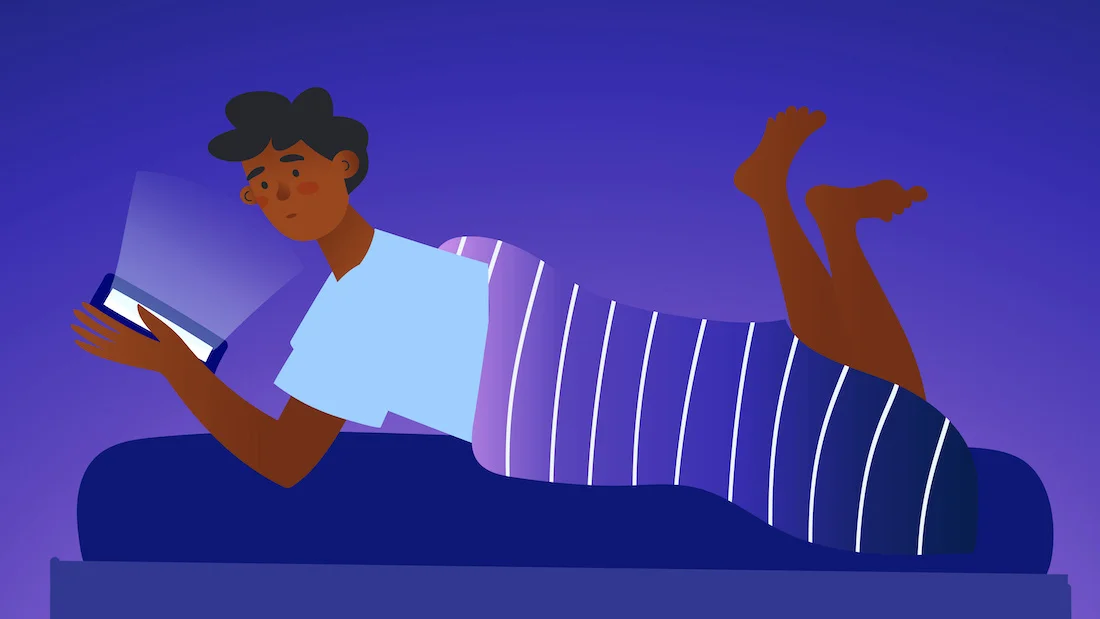
New Research Shows Which Screen Time Activities Keep Teenagers Up at Night the Most
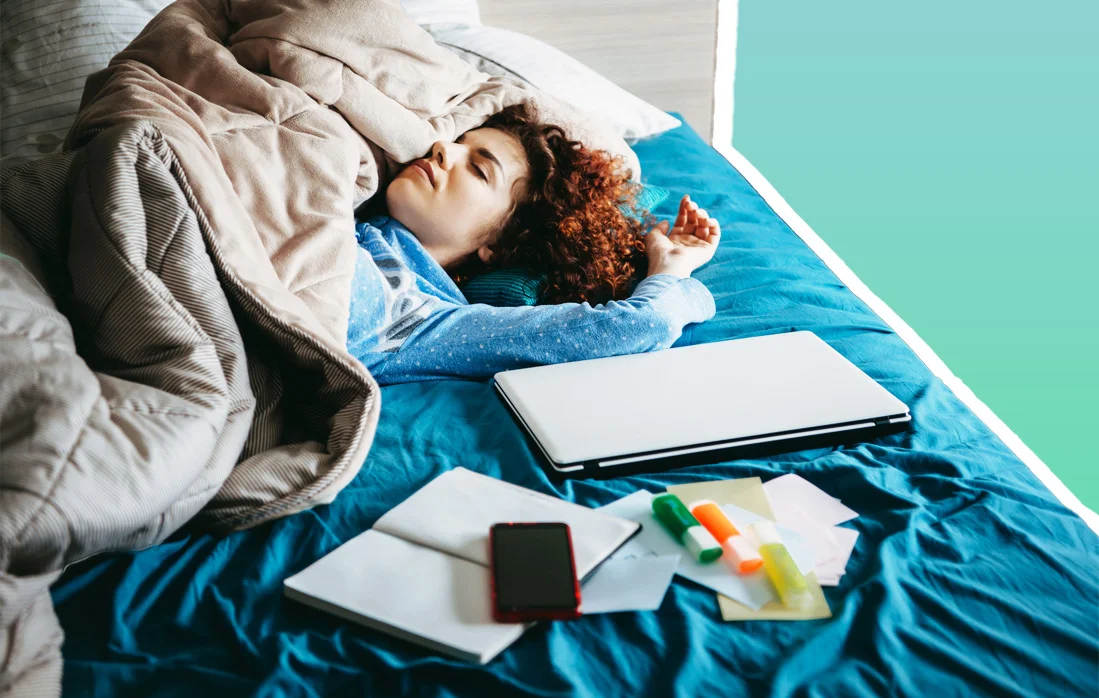
A Student’s Ultimate Guide to Great Sleep in College
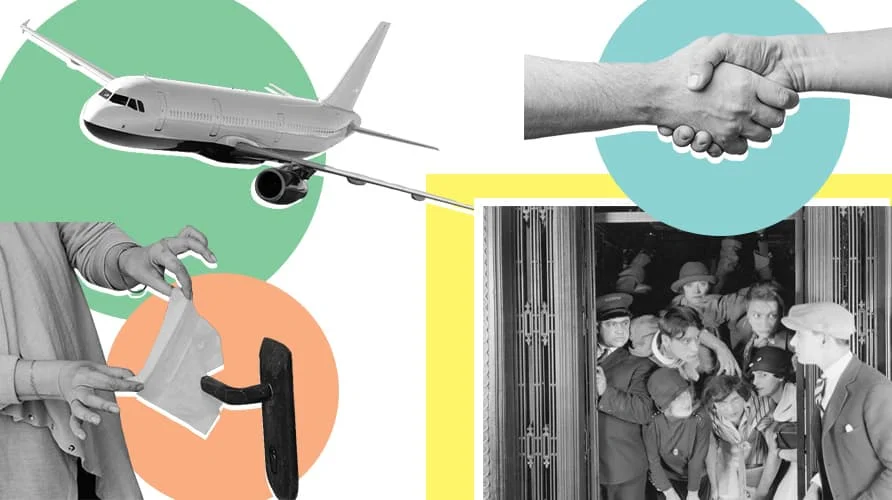
How Does Anxiety Affect Your Sleep?
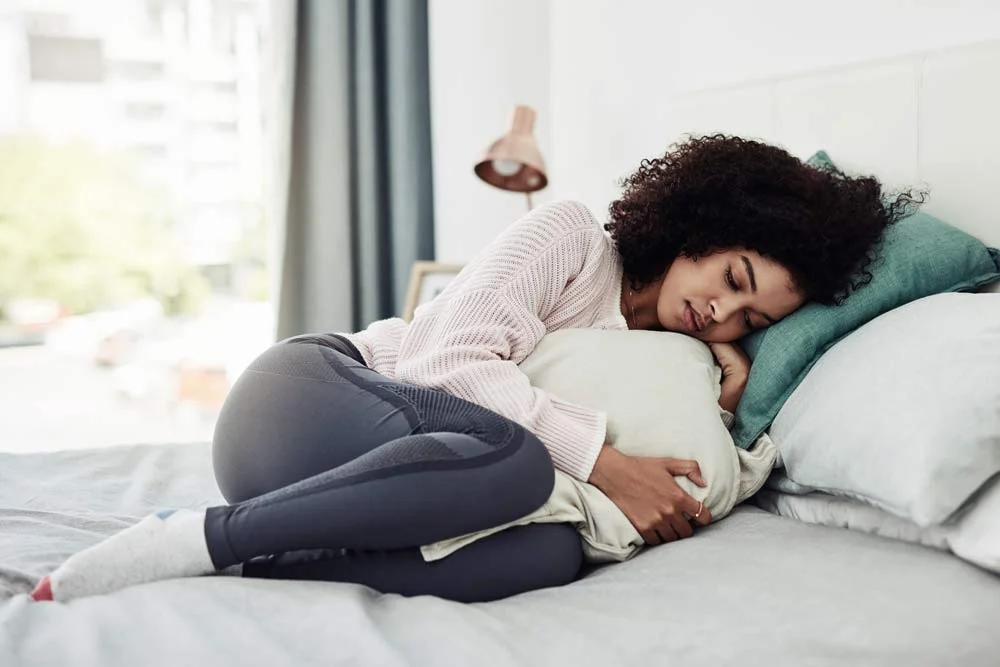
Depression and Sleep: Understanding the Relationship
Sources
1. Jianyu Que, Sijing Chen, Ngan Yin Chan, Suying Wu, Li Zhang, Yaoyi Chen, Jingrou Liu, Mingxuan Chen, Lixia Chen, Shirley Xin Li, Duoduo Lin, Farong Liu, Yun Kwok Wing; “Associations of evening-type and insomnia symptoms with depressive symptoms among youths,” Sleep Medicine, Volume 118, 2024, Pages 81-87, ISSN 1389-9457, https://doi.org/10.1016/j.sleep.2024.04.009.

























